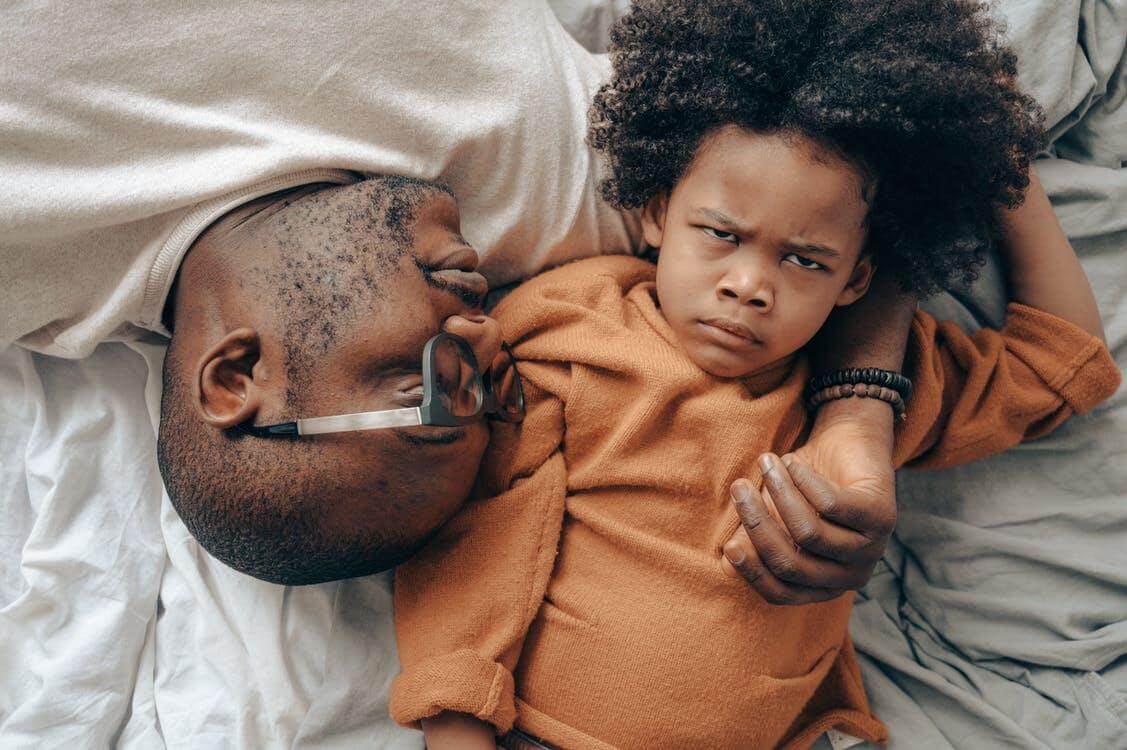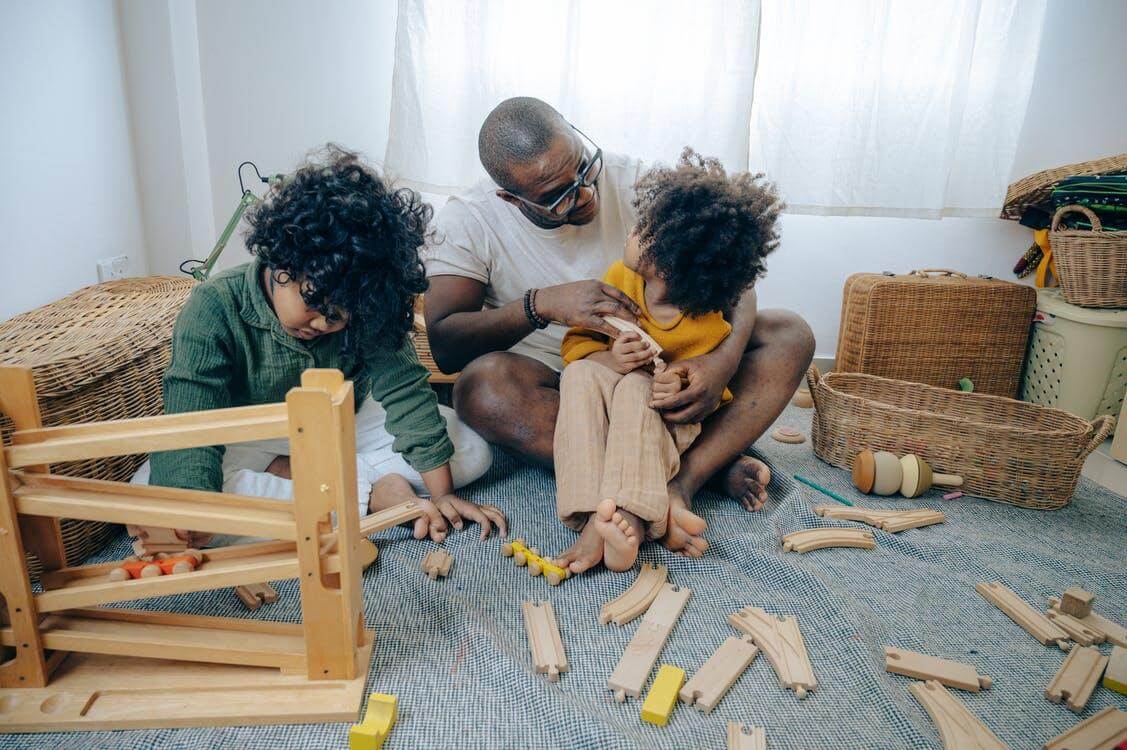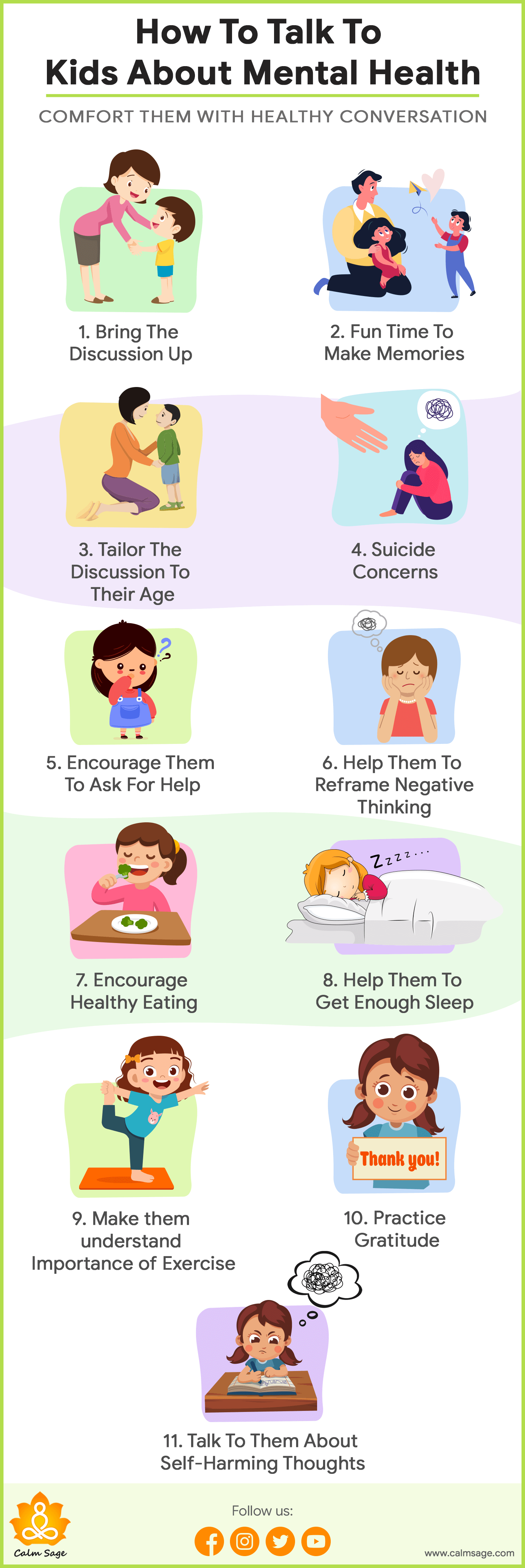Inculcating Gratitude in Your Kids

“Children are like wet cement. Whatever falls on them makes an impression.”
-Dr. Haim Ginott
This quote stands strong whenever we talk about kids, habits, forming their behavior, character, thoughts and even quirks. I was in the final year of my schooling and used a simple bicycle to commute while almost all the students who were not even in high school, even had their own vehicles. I was happy and at peace for what I had but it was on multiple occasions I had witnessed some of my juniors and classmates complaining to their parents about how they don’t have the latest version of mobile phone or the new racing bike that their friend has. Some came from a rich family while many parents worked day and night to make the ends meet. My family was among the latter.
I don’t claim to be the best child, I still remember some of the times when I became menace to everyone around me. My parents tried a lot to teach me about life and the value of gratitude, it took me some time to understand it, a lot more to apply it and to this day, I struggle to stay on track but I do try. Teaching and inculcating gratitude in your children is one of the best gifts you can give them. In this article, I am going to share with you, about how and why you should do it. Have a look:
Why is feeling grateful is important?
Research has shown that happiness and gratitude are linked from a young age in children. It also meant that children who were taught and asked to practice gratitude became happier and content with their life even in the future. It also suggested that children, especially preteens, who are grateful to perform better in life, stayed strong on optimism, and even had way better socio-personal relationships. They tend to form strong bonds with their friends, family, colleagues, instructors and are also more satisfied with results. The opposite of this is also true, they do reflect back and also help support others as they understand the value of it.
Another study that appeared in Psychological Assessment proved that grateful children who are in teens are more dedicated to their studies, scholastic and non-scholastic activities, etc. They are also less likely to create trouble for others, get into fights, depression, anxiety, and whatnot. So as you can see that feeling grateful is not only a moment thing but if practiced religiously can have long term life-changing benefits.
Another study found that gratitude and forgiveness are intertwined, kids who learned and practiced gratitude were also able to forgive themselves and the mistakes of others.
How to Teach your Child to be Grateful?
1. By Helping Him Realize
This is one of the most effective ways. You can start by making them realize by talking to them and asking relevant questions. By doing this your child will experience gratitude on a much more profound level. Kids are usually new to this thought process and feeling so you may want to get to the very basic level.
You can start by asking them how they feel when they get something of their liking for example an ice-cream.
- Ask them to think about how they got it, how many people may have worked hard in order to get the finalized product to you, how as a parent you paid for it, etc.
- The next step would be to teach them to care about things that they have, in this example they should be careful while eating the ice-cream so that it doesn’t go waste.
- Make them realize their feelings. Ask them how they feel? Make them realize how happiness feels when they are grateful for what they have.
- The final step would be to ensure that they reciprocate the same thoughts and feelings the next time they get hold of the ice-cream.
2. Let Actions Speak

Sit with your child and talk about it. Tell them stories, acts, incidents, etc. which talk about gratitude. You can also be a role model for them. If you are going on the street and saw an old person trying to cross the street then go ahead and help them. After you have done it, come back to your child and talk about it. Help him or her understand that the person was in need and helping them is a good thing. You can do lots of other things as well such as feeding stray animals, helping poor and needy people, donating to NGOs, and whatnot. There are so many things and fields in which you can show your kid how gratitude can be practiced.
After you have established enough examples for your child to learn and follow, ask him to do the same. Let him take the lead and become a guide through the process. You can start with simple tasks like community work, helping the neighbor in cleaning his lawn, petting neighborhood pets, etc. You also need to make sure that your kid is enjoying this process and not feeling it as a burden, because if it is so then all your efforts won’t have much of an impact.
3. Acknowledgment

Not just your actions and realizations are enough to seal the deal but there is this tiny step that will help your kid take the lesson far in his life. Acknowledgment, especially verbal acknowledgment of gratitude is really important. You have heard the saying right?
“Your beliefs become your thoughts,
Your thoughts become your words,
Your words become your actions,
Your actions become your habits,
Your habits become your values,
Your values become your destiny.”
― Mahatma Gandhi
These are quite powerful words which interestingly explain the power of words. Basic acknowledgment solidifies your thoughts and beliefs, words like “thank you”, “I appreciate your effort”, “I am really thankful for what you did for me”, etc. are not only for the person who helped you but for you yourself as well. At first, it may seem that this action and behavior are not natural and a bit organized, even to the kid, but once he inculcates this habit it will evince with behavior. You can also ask them to write postcards or thank you letters to people thanking them, to the people who are close to him or the people whom your child considered as important.
What’s Next?
In a study conducted on Developmental Science in 2016, it was concluded that parents who are grateful or adopted gratitude in their day to day life, raised children which were perceptive towards gratitude. Apart from all the lessons that you or the school is trying to teach, kids learn a great deal about behavior and actions from watching, observing parents and absorbing examples. So how can you do it? Before starting to teach them about it you need to show them that you do it too. You need to show them what is ideal.
4. Discuss about it
Discuss with your child how grateful you are, for the food, water, clothes, shelter you have to all the opportunities that you enjoy. If something bad happened on a particular day then it becomes more important that you tell them that even in that situation and even on that day, you are grateful for everything you have.
5. Don’t Complain

If you continue to complain about things going downhill in your life then sooner or later you will find your child on the same path too. You may face bigger problems but that will give an excuse to him or her to consider negative aspects of their life.
Instead of complaining you can change the direction of the conversation towards its positive aspects. For example if your child is complaining about too much heat and frequent power cuts then help him consider the other sides as well, such as, what about the people who live in villages without electricity, how do they survive? They don’t complain about it, they continue their life with what they have. You can also help them consider a different perspective like how weak our bodies and minds have become that we can’t even bear a bit of heat and complain so frequently.
6. Project Healthy Attitude
If you own a company or are at a higher position then don’t shout or talk rudely to your employees especially in front of your children, treat them with respect. The same goes for shopkeepers, waiters, ticket conductors, maids, housekeepers, etc. If you treat them with respect then your kid will learn the same too.

And at last, spend time with them. If you are going to be busy all the time with your jobs and office and only spend time with them teaching then these methods won’t be effective enough. Their focus will be to get your attention and to spend time with you. Your children love you and want to be with you.
Here is a lesson on gratitude for you, spend time with them. Not everyone can become parents and would give up anything to be one if you can then consider yourself and take this chance to spend lots of time with them. It is not only suggested but also crucial for their mental strength and psychological development. Once they graduate, you would hardly see them. So go ahead, take some time off and enjoy every moment with them.

I hope it helps.
Thanks for reading!
You Might Like These Also:
How to Find The Purpose of Life




















